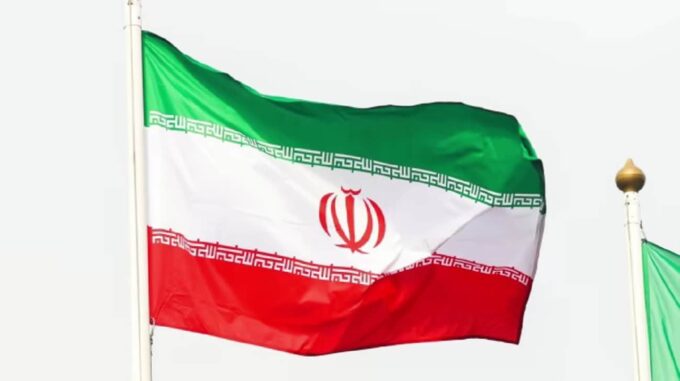Iran firmly rejects the possibility of beginning any negotiations during active military operations, including during the “Israel attack” — such information, citing diplomatic sources, has been published by leading international media

According to Reuters and The Times of Israel, Tehran has clearly informed its mediators in Qatar and Oman that it is currently not ready for any talks regarding a ceasefire or agreements related to the nuclear deal. This occurred amid ongoing military actions and heightened tensions around Israel and Iran, which have intensified in recent days. A source, requesting to remain anonymous, stated that Iranian authorities emphasized: dialogue and diplomatic efforts can only be resumed after their response to Israel’s swift preventive strikes is completed. According to the source, Tehran is not only considering negotiations regarding a cessation of hostilities with Israel but also potentially resuming dialogue with the United States on the nuclear program — such an approach remains unlikely until the situation stabilizes. At the same time, The Times of Israel notes that there remains a disagreement in interpretation: Iranian officials have not yet confirmed that they have approached Oman and Qatar requesting the involvement of the United States specifically as a mediator in resolving the conflict. There are concerns in the media that such a widespread misunderstanding could complicate the diplomatic process. The background to the conflict is quite clear: on June 13, Israeli military forces launched strikes on key sites in Tehran and its surrounding areas, as well as in other regions of Iran. According to an official statement from Israel, these were preventive strikes aimed at destroying nuclear facilities and reducing military risks posed by Iran. As a result of these actions, high-ranking individuals were killed — including Major General Hossein Salami, Commander of the Islamic Revolutionary Guard Corps; Major General Gholamali Rashed, Commander of Hatem al-Anbiya Force; and the country's Armed Forces Chief of Staff, Mohammad Bagheri. Equally significant, six Iranian nuclear scientists also lost their lives during the bombings. These events elicited a broad reaction from Iran’s authorities — including calls to take appropriate retaliatory measures. After the Israeli attack, U.S. President Donald Trump expressed concern and urged Iran to return to negotiations on the nuclear program, insisting that it must be done immediately to find a diplomatic solution while there is still a chance. However, Iranian officials and representatives promptly stated that negotiations are unlikely at this time and that dialogue with the U.S. would be pointless after the recent strikes. On the night of June 14, Iran responded with a missile attack on Israeli territories, using ballistic missiles. At least two people are reported to have been injured, with over 50 others wounded. The following night, June 15, Iranian forces carried out another missile operation targeting Israel. As a result, three people were killed, approximately two hundred wounded, and around thirty-five individuals are considered missing. It is crucial to note that these military actions also affected the Ukrainian population — preliminary reports indicate that five Ukrainians, including three children, were among the victims. Once again, this underscores the global dimension of the conflict and its dangerous impact not only on the region but also on worldwide security. In this tense situation, diplomatic circles point out that depending on how events develop and the subsequent actions of both sides, the risk of escalation and the spread of the conflict increases. For now, Iran unequivocally states that negotiations are not a priority; instead, it seeks to strengthen its military positions and wait for the right moment for diplomatic efforts. Global powers and international players are closely monitoring the developments in the region, as the risk of large-scale confrontation in this and other potential conflicts remains quite high.

